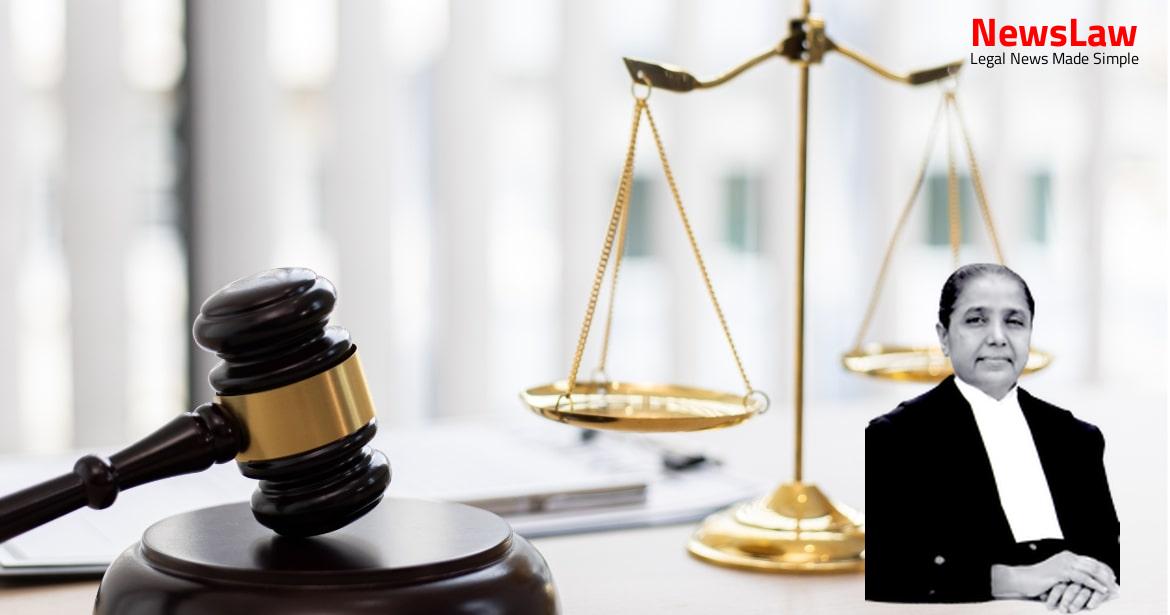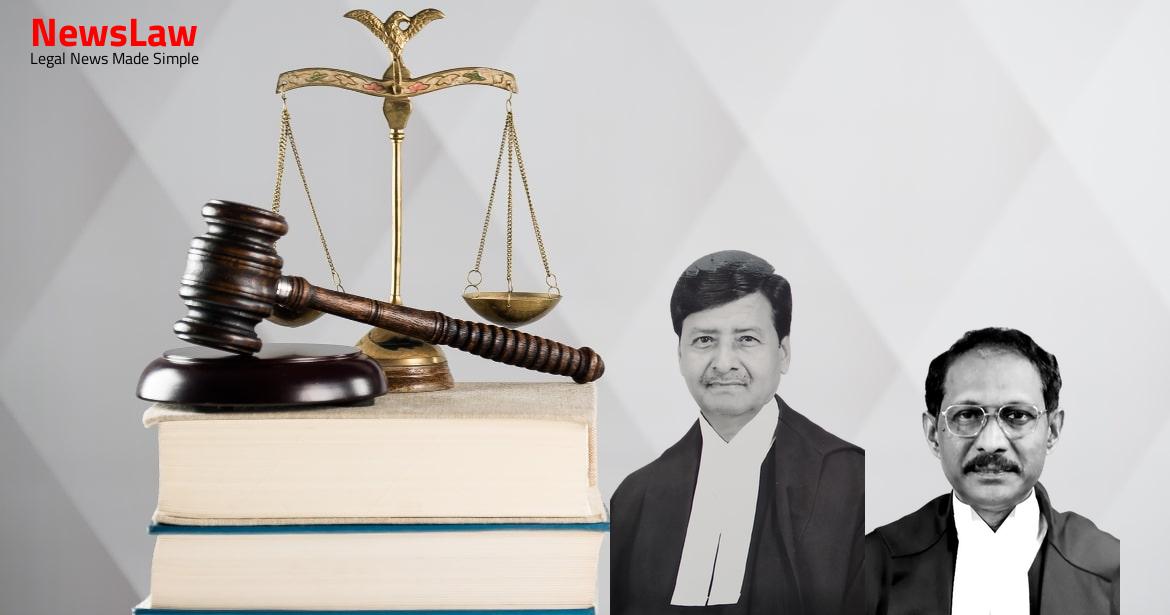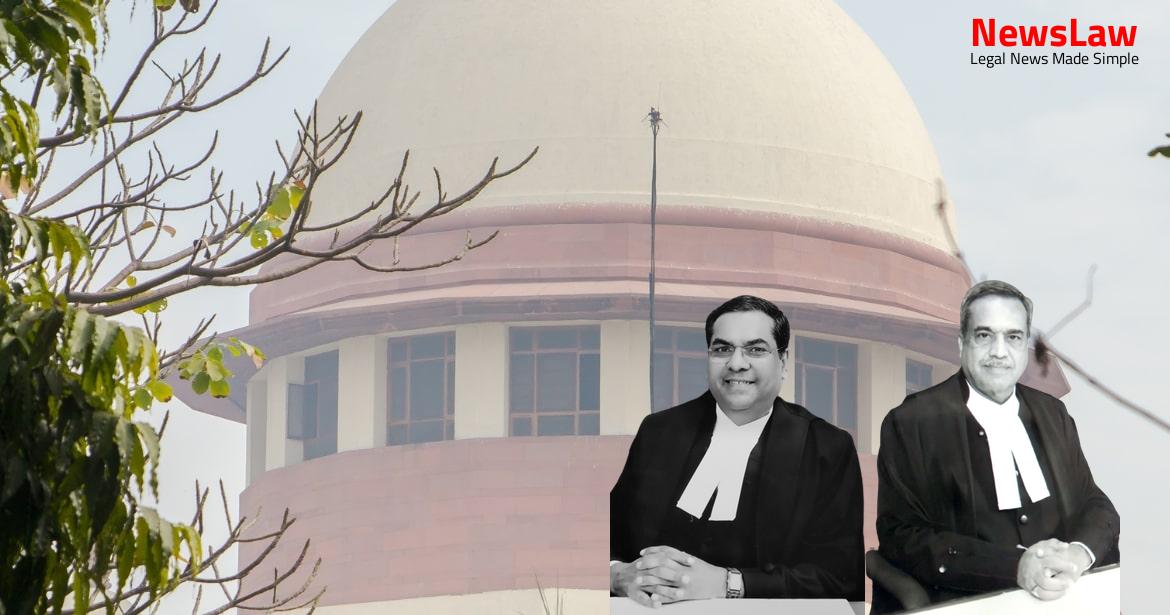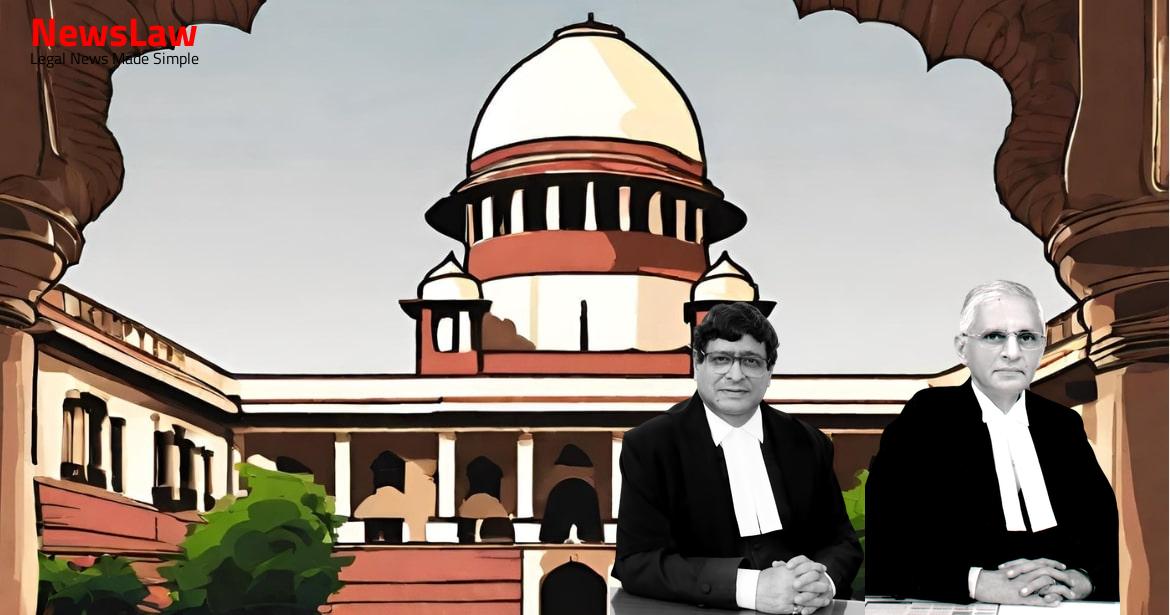Delve into the intricate legal analysis undertaken by the court regarding the rejection of a mercy petition. The court’s assessment focused on the grounds for judicial review, highlighting the constraints and principles governing challenges to executive decisions. Learn how the court navigated through complex legal arguments to uphold precedents and establish the boundaries of judicial scrutiny in matters of mercy petitions.
Facts
- The petitioner had filed a Special Leave Petition (Crl.) No.547 of 2020 challenging an order.
- The Special Leave Petition was dismissed by this Court on 20.01.2020.
- The petitioner then filed a Criminal Revision Petition No.1301 of 2019 before the Delhi High Court challenging the Court’s order.
- The petitioner submitted a mercy petition on 02.03.2020, which was rejected by the President of India on 04.03.2020.
- Delhi High Court dismissed the Criminal Revision Petition on 19.01.2019
- Learned Additional Sessions Judge at Patiala House, New Delhi dismissed the petitioner’s application on 21.12.2018
Also Read: Court’s Jurisdiction in Re-appraising Arbitrator’s Findings
Arguments
- The petitioner has challenged the rejection of his mercy petition by the President of India on various grounds.
- The petitioner claims that principles of consideration for mercy petition were not followed and reasons for rejection were not indicated.
- The petitioner filed a second mercy petition on 18.03.2020 with the same grounds as the first.
- The petitioner raised issues including miscarriage of justice, claims of juvenility, torture in prison causing head injuries, and lack of proper treatment.
- The petitioner’s counsel argued against common intention shared with co-accused and questioned the imposition of capital punishment.
- Reference was made to a press report suggesting the President of India’s views on mercy petitions for POCSO Act convicts, indicating lack of impartial consideration.
- The Solicitor General defended the President’s actions, stating the views expressed were in line with reforms for POCSO cases.
- The limited scope of judicial review of the President’s decision in mercy petitions was reiterated, emphasizing grounds for challenge such as lack of application of mind, malice, extraneous considerations, exclusion of relevant materials, and arbitrariness.
- Consideration was also given to indicating reasons in pardon/remission orders and the power to withdraw such orders if material facts were not properly considered.
- Petitioner’s claim of juvenility based on a school certificate was not accepted by the court.
- Alleged torture in prison cannot be a ground for judicial review of the executive order rejecting the mercy petition.
- The petitioner’s guilt and conviction have been already considered by the Trial Court, High Court, and the Supreme Court.
- Contentions regarding common intention and imposition of capital punishment have been addressed in previous legal proceedings.
- The plea of juvenility based on the petitioner’s date of birth and previous application in 2018 has been mentioned.
Also Read: Contrary Directions in Issuance of Letter of Intent
Analysis
- The decision in Epuru Sudhakar (Supra) was followed in Shatrughan Chauhan & Another v. Union of India & Others, (2014) 3 SCC 1.
- The court considered the submissions of the learned counsel for the petitioners and the grounds raised in the writ petition.
- The court has previously passed detailed orders while dismissing similar writ petitions challenging the rejection of mercy petitions by the President of India.
- Based on the precedent set by those orders, the current writ petition does not present any valid grounds for judicial review of the President’s decision to reject the mercy petition.
- Therefore, the court finds no justification to entertain this writ petition seeking judicial review of the President’s decision.
- His Excellency the President of India considered the mercy petition with an open mind filed by Pawan Kumar Gupta.
- When power is vested in a high constitutional authority, it is presumed that the authority acted carefully after considering all aspects of the matter.
Also Read: Application for Stay in Civil Suit Rejected: Court’s Legal Analysis
Decision
- The writ petition has been dismissed as a result of the decision.
- No further action is required in this matter based on the dismissal of the petition.
Case Title: PAWAN KUMAR GUPTA Vs. STATE OF NCT OF DELHI (2020 INSC 324)
Case Number: W.P.(Crl.) No.-000122 / 2020



